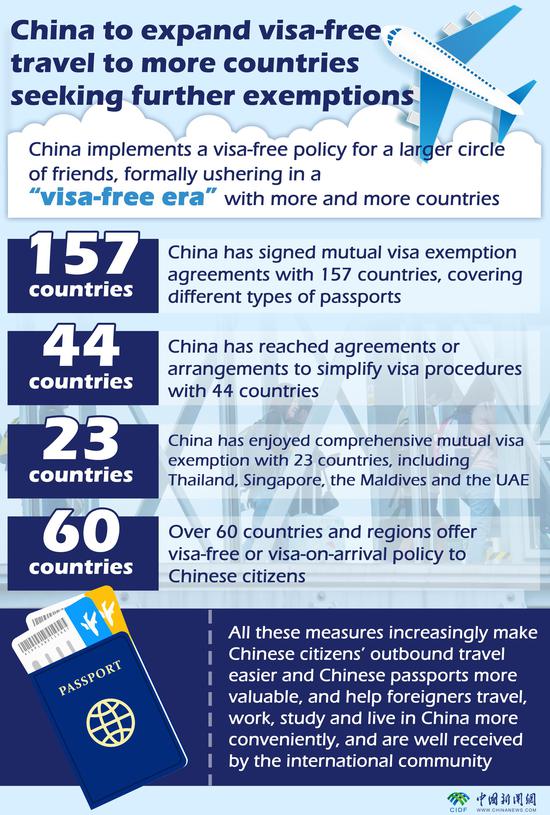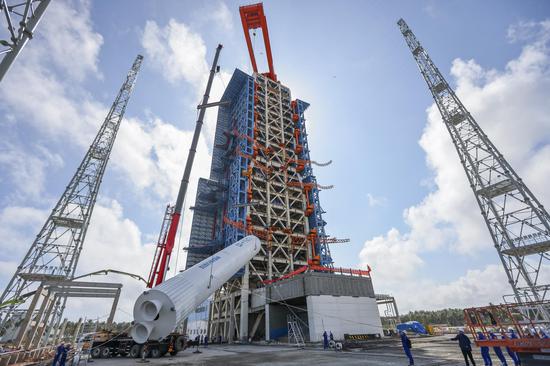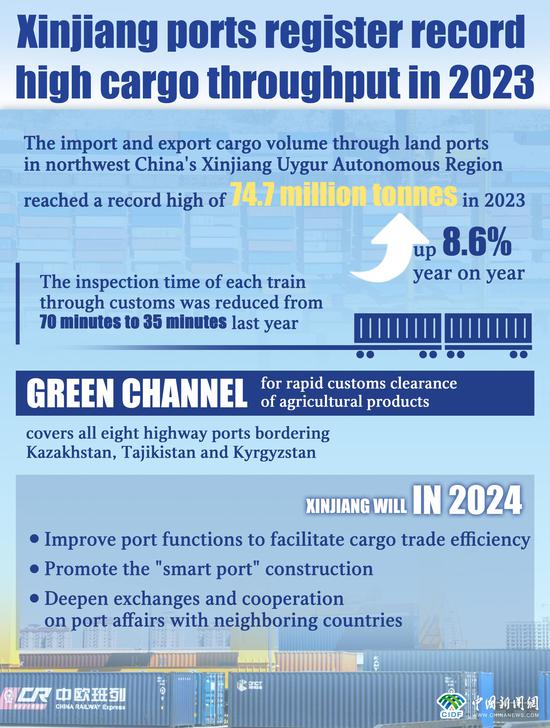Chinese researchers released an artificial intelligence (AI) governance index on Monday, which shows that the U.S. and China are leading in terms of overall quantity in AI development and China ranks in the first echelon, second only to the U.S. in terms of AI governance.
The AI Governance International Evaluation Index was jointly initiated by the Center for Long-term AI Research (CLAI) and the Center on AI Ethics and Governance of the Institute of Automation under the Chinese Academy of Sciences.
Zeng Yi, the leading author and a professor at the Institute of Automation, told the Global Times any attempt to seek dominance and hegemony in the issues of AI ethics, safety, and governance would be a result of insufficient understanding of the risks brought by the development of AI, which humanity should face collectively.
Solving the problems of AI development and governance requires global collaboration, Zeng stressed.
The AGILE index is reportedly the world's first comprehensive quantitative assessment index specifically for AI governance. The index evaluates the level of governance of AI in 14 countries, including G7 member countries, BRICS member countries before the 2023 expansion (Brazil, Russia, India, China, South Africa), as well as Singapore and the United Arab Emirates.
The AGILE index highlighted that countries with high risks in AI also have relatively high levels of governance, indicating that governance is a necessary driving force for development.
High-income countries are significantly ahead of BRICS countries in terms of AI development level and governance tools, and slightly ahead in terms of governance environment. However, BRICS countries have a slightly higher governance effectiveness than the high-income country group.
The better performance of BRICS countries in governance effectiveness is mainly due to their advantages in dimensions such as public trust, awareness, and inclusiveness in the development of AI, it showed.
The index also showed the per capita GDP level is strongly correlated with the AI governance level, Zeng noted.
Development is a premise for AI governance. The scores of China and India are significantly higher than their corresponding levels of per capita GDP, mainly due to the fact that the development level of AI in these two countries is higher than their per capita GDP levels, as well as their better performance in public awareness and trust in AI.
The index also shows that China, the U.S., and the UK are more advanced in terms of AI development and have achieved relatively good governance results. However, compared to other countries, they also face higher pressure and challenges in AI governance.
For China, Zeng believed that the country still needs to make up for shortcomings in computing power and data infrastructure, and to promote differentiated development in this field, especially by supporting innovative research and development institutions and start-up companies, in order to strengthen the original innovation of AI.
But at the same time, China also needs to be cautious about the risks posed by other countries internationally. It should learn from the experiences of other countries in development and regulation, and explore and implement governance practices that are in line with China's development philosophy and stage, according to Zeng.
International cooperation in the governance of AI is important. The AGILE Index shows that countries closely collaborate in research on AI governance, and all countries actively participate in it. Among them, China, the U.S., and the UK are one of the most closely cooperating country combinations in global AI governance research.
“No country can solve the development and governance issues of AI alone; global collaboration is needed,” Zeng told the Global Times.
However, at the recent Davos Forum, there were divergent opinions on the topic of global AI governance. According to U.S. media reports, U.S. White House officials stated that the U.S. cautions against rival countries accessing U.S. technology in matters of national security and military applications.
Věra Jourová, European Commission vice-president for values and transparency, once said at a Davos panel that China and Europe do not have a "common language" on AI governance issues, the FT reported.
Such a statement that China and the EU "lack common language" in AI governance clearly lacks common sense, Zeng noted.
The AGILE Index indicates that with the explosive growth of the application of large-scale AI models in 2023, the number of global AI risk events has increased 12 times compared to the previous year. Most of these risks are not only a crisis for one country; it is also difficult for one country to solve these problems alone.
Zeng stated that in the face of possible conflicts in values and differences in regulatory and governance models, it is possible to address these issues by establishing interfaces between policies of different countries and by respecting the development and governance sovereignty of each country.
In terms of ethical safety and governance of AI, it is necessary to support global governance of AI with the United Nations at its core, Zeng stressed.


















































 京公网安备 11010202009201号
京公网安备 11010202009201号